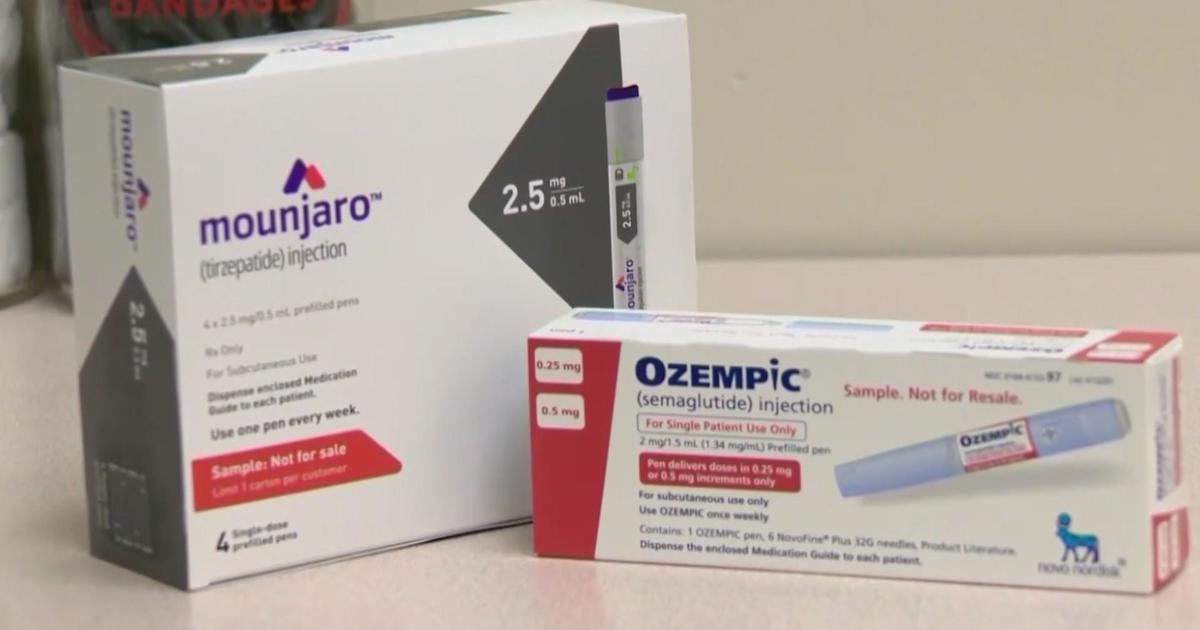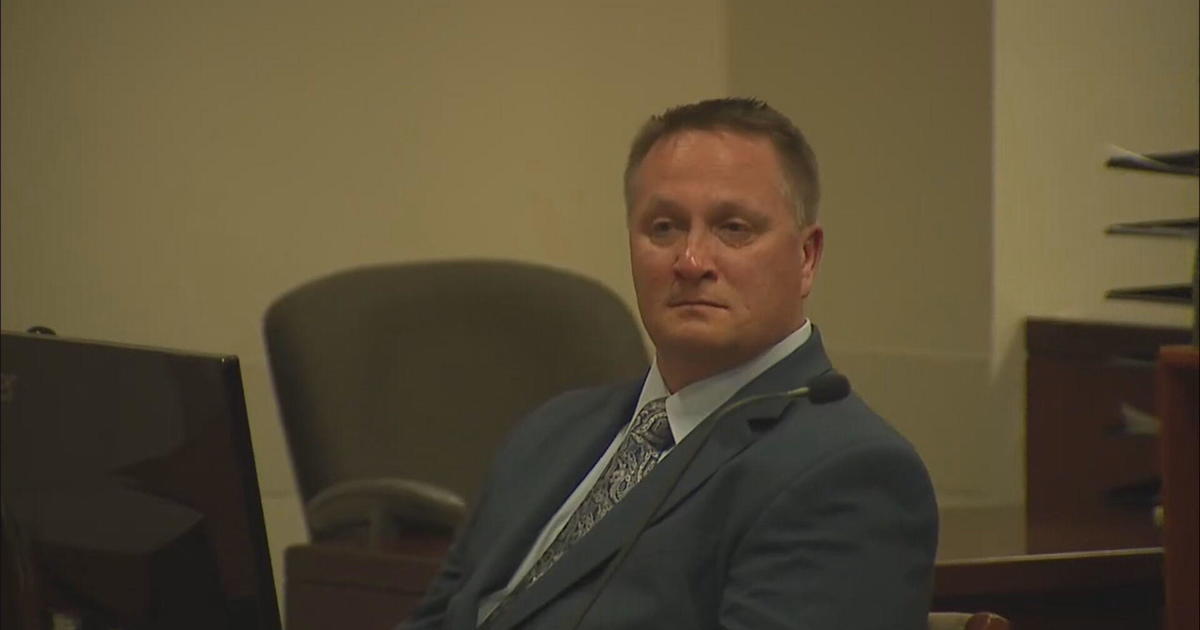New Efforts Launched To Change Colorado's Open Records Act
DENVER (AP) — A Democratic senator is trying again to modernize Colorado's Open Records Act with a bill that would require government agencies to release public records in searchable data formats, like Excel spreadsheets, that are easy for the public to analyze.
A similar bill submitted last year by Sen. John Kefalas of Fort Collins died in a GOP-led Senate committee over concerns about costs to government agencies and their ability to permanently redact sensitive or private information from requested records.
The Senate State, Veterans, and Military Affairs Committee will hold a hearing Monday on Kefalas' new bill.
The bill, co-sponsored by Democratic Rep. Daniel Pabon of Denver, is one of several this legislative session that would modify Colorado's open records law. Another bill would open up to the public state records showing whether companies have cheated workers on their wages. State wage-theft investigations are considered trade secrets under a century-old law.
There's already been one setback: Democrats killed a Republican-sponsored bill intended to bring more transparency to the judicial branch.
ELECTRONIC RECORDS
Kefalas' bill is intended to make it easier for the public to obtain and examine state and municipal computerized records, rather than forcing requesters to pore over unwieldy paper or PDF documents. More than 15 states and the federal government provide digital data that can include crime statistics, sales tax rates and budgets.
"In most cases we're talking about a spreadsheet a journalist or member of the public wants. Under the bill it would be extremely easy to produce for the requester," said Jeffrey Roberts, executive director of the Colorado Freedom of Information Coalition, an alliance of news organizations, groups and individuals committed to government transparency.
The bill was inspired by an investigation by The Coloradoan newspaper into pay equity among employees at Colorado State University. CSU refused to provide a computerized database but told the newspaper it could inspect documents containing nearly 5,000 employee salaries. Reporters spent weeks poring over thousands of paper documents to create their own database so they could chronicle university salary disparities.
The bill would exempt records requests that would force public agencies to buy software or computer hardware to fulfill them, as well as requests for records containing private information such as Social Security numbers when agencies cannot delete that information.
The secretary of state's office, which has invested heavily in making databases easily accessible to the public, led a working group of journalists, government representatives, lawmakers and others to help draft the bill before the current legislative session started in January.
MAKING WAGE THEFT RECORDS PUBLIC
Democratic Rep. Jesse Danielson of Wheat Ridge is again sponsoring a bill to open up to the public state records showing whether companies have cheated workers on their wages. State wage-theft investigations involving disputes over overtime or other pay matters are not subject to public disclosure under a century-old law that considers them trade secrets, even when an employer has been fined.
Danielson's bill would make that information available after an employer has exhausted all appeals, allowing citizens to know if they are patronizing or considering employment with an offender. The bill is inspired by a 2015 Rocky Mountain PBS report on the issue and will be heard by the House Judiciary Committee Thursday.
"Not only will it help workers, but it will even the playing field for the vast majority of Colorado businesses who do not violate wage laws," Danielson wrote in a recent column.
DEMOCRATS: NO TO MAKING JUDICIAL EMPLOYEE PROBE FILES PUBLIC
A Democrat-led House panel on Thursday killed a bill by Republican Rep. Polly Lawrence of Littleton to allow the release of civil and internal investigative files of judicial branch employees after investigations are closed.
Under two court rulings, that information is not subject to the open records law, as it is for the other branches of Colorado's government.
All six Democrats on the House State, Veterans and Military Affairs Committee voted to kill Lawrence's bill, which was supported by the Colorado Press Association and the Colorado Broadcasters Association. Democrats said the legislature should respect the court rulings.
"Certainly there are protections unique to the judicial branch, but it should absolutely be held to the same standard of accountability and transparency that taxpayers deserve in Colorado," Lawrence said after the vote.
MEDIATION
The Legislature may get a bill that would create a mediation process for people who dispute denials of their records requests. Currently, citizens and journalists just one option: Go to court, a costly prospect that deters many from pursuing records that the public theoretically owns.
One idea is to get both sides in a dispute to share mediation costs. Litigation would remain an option if mediation fails.
At least 26 states have mediation mechanisms to more speedily resolve public records disputes. Ohio last year adopted a law allowing citizens denied public records to opt for a $25 mediation process subsidized by the state. A stumbling block in Colorado is the possible cost to the state for a mediation program.
Centennial Republican Rep. Cole Wist has been involved in efforts to craft the legislation.
By JAMES ANDERSON, Associated Press
(© Copyright 2017 The Associated Press. All Rights Reserved. This material may not be published, broadcast, rewritten or redistributed.)



